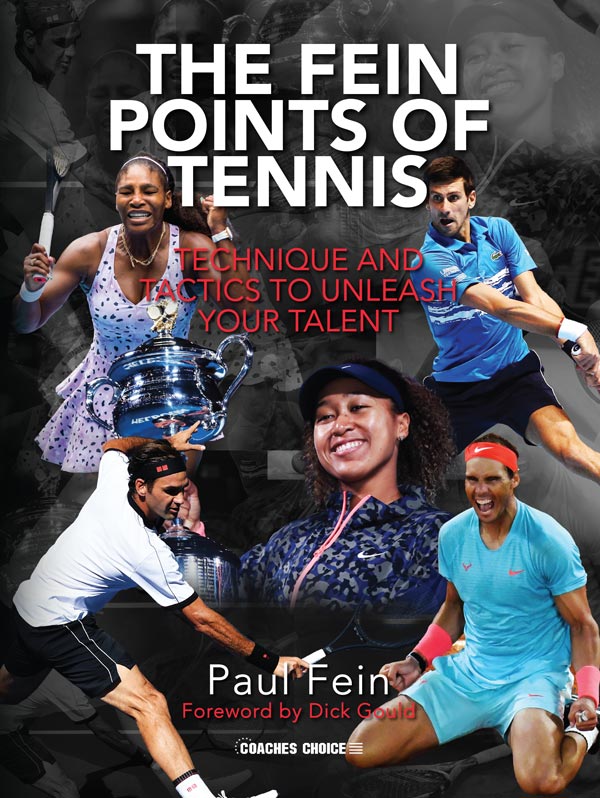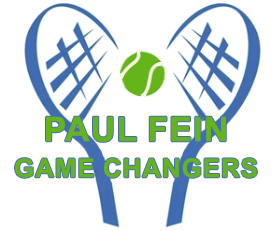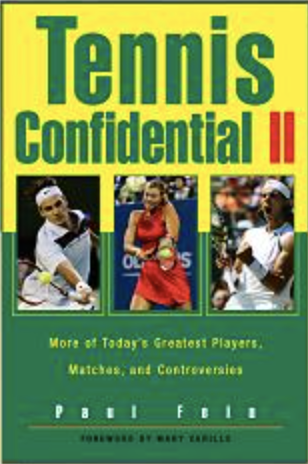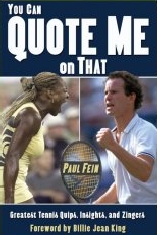Should Wimbledon Have Banned Russian and Belarusian Players?
Hits: 47
This burning question is the title of a lengthy essay I just wrote. For this blog, I would like to start by quoting a great ancient statesman and general and a modern athlete and humanitarian. Both believed citizens have a moral responsibility to tackle political issues. Pericles said, “Just because you don’t take an interest in politics doesn’t mean politics won’t take an interest in you.”

Arthur Ashe, a former president of the Association of Tennis Professionals and the first men's black Grand Slam singles champion, said, “Sports and politics do mix. Behind the scenes, the two are as inextricably interwoven as any two issues can be. It’s unrealistic to say you shouldn’t bring politics into sports.” Backing up those words, Ashe made South Africa’s apartheid policies an international issue and was finally granted a visa to visit that country in 1973.
I asked esteemed TV tennis analyst Mary Carillo whether the Wimbledon ban, announced on April 20, was justified. Her answer reveals how thorny this controversy is. "I am of two minds with the Wimbledon ban, but I understand that The All England Club is always attuned to optics," said Carillo. "There are two big events happening during this year's fortnight—the Centre Court Centenary and the Queen's Platinum Jubilee. I would guess that the AELTC does not want there to be a controversial Russian presence around either. But I feel badly that Russian tennis players are in any way considered to be loyal to Putin, and must suffer the consequences of being born in a country whose leader and army are committing unspeakable war crimes.
"The original idea batted around was the notion that the Russians had to denounce Putin before being allowed to play Wimbledon, which seemed ridiculous and infantile to me," Carillo continued. "This latest decision feels extreme. Four years of living under Trump's presidency often made me embarrassed and ashamed to be an American. I felt absolutely no fealty to him or the Republicans who so cowardly stood by him and continue to do so. I did not feel defined by the rule of that man, and I can imagine that the Russian tennis players who have guardedly spoken about the Ukraine tragedy feel unspeakable sadness about what is happening under their flag. Wimbledon is not a nation-to-nation competition. I have covered 15 Olympics but have never felt that tennis was part of the corrupt Russian sports machinery. While I understand both sides of this complicated and nuanced issue, in the end, I think that the Russian and Belarussian players should be allowed to play."
But are individual athletes, especially in an individual sport like tennis, responsible for their actions—or inaction—when the governments of their countries invade another sovereign nation without justification and commit war crimes? Should Wimbledon have held Russia and Belarus accountable and barred their players in the first place?
In a Washington Post column, Sally Jenkins, supported Wimbledon. “The ban that will prevent Russians and Belarusians from competing at the All England Club may seem unfair, given that players such as Daniil Medvedev have not personally contributed to the war in Ukraine. Yet it’s a necessary message: Even the most innocent Russians will be price-payers for the rapacious actions of Vladimir Putin’s regime. Young Ukrainians are being bombed, shot, and orphaned, [yet] they have not participated in the war or done anything to deserve their penalty. Nevertheless, they are part of the conflict. Why should Russian tennis players get a bye?”
Citing legal precedent following World War II, Jenkins added an even more compelling argument. “Do citizens bear responsibility for the acts of a nation, even when they bear no moral blame? International courts often have decided they do when a state wages aggressive war. As [Princeton professor and author Anna] Stilz has pointed out, reparations are often levied on taxpayers—as Russians should know, because East German citizens in 1945 were forced to pay reparations to Soviets. War, unlike tennis, is not an individual enterprise. It’s a national one. Russia—not just Putin—is destroying Ukraine, so the response can’t be limited to Putin while exempting the citizenry.”
I agree with Mary Carillo that this is a very close, complicated, and difficult call. As a longtime tournament player, coach-teaching pro, former Satellite tournament director, tennis writer, and an ardent tennis fan (like many of you), I empathize with the ATP and WTA players, especially the 12 women and five men ranked in the top 100. But I also commend, even admire, retired Ukraine tennis standouts Alexandr Dolgopolov and Sergiy Stakhovsky, who enlisted in the Ukraine military reserve to defend their beloved country. “Maybe I’ll be killed. Maybe I’ll have to kill,” said Dolgopolov. “Tennis needs to learn from FIFA and many other sports, on taking a real position on barbaric actions of Russia." Indeed, tennis does.
Among the millions who sacrificed their lives serving their countries to defeat fascism were tennis stars in their primes, such as New Zealand’s Tony Wilding (World War I) and American Joe Hunt (World War II).
From this perspective, missing out on Wimbledon seems a small price to pay for those on the side of the criminal aggressors.



